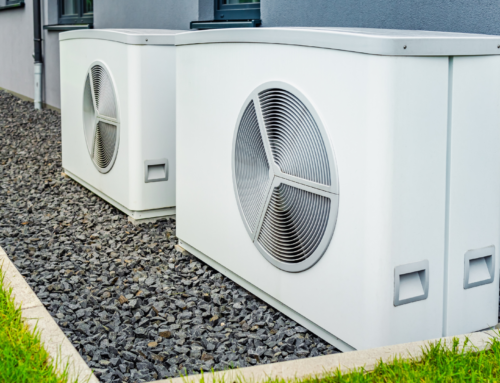To become an authorized RENU Contractor, complete the application here. To download the RENU Contractor Guide for the MerchantLinQ Portal, click here.
Please note: All RENU contractors must be active in the MerchantLinQ Portal to proceed with projects. If they are not, projects are at risk of not being approved. Need help? Email us at [email protected] to get set up in the portal.
Brief Overview of the RENU program
Created in 2017, the Colorado Residential Energy Upgrade (RENU) Loan is a statewide residential loan program that is sponsored by the Colorado Clean Energy Fund (CCEF) in partnership with Colorado-based credit unions. In 2022, the program migrated from the Colorado Energy Office to CCEF, Colorado’s green bank, to support scaling and improved functionality.
We recently launched a new online portal called MerchantLinQ (MLQ) to help contractors and homeowners make the most of the RENU program. This merchant portal offered by LoanStar Technologies allows contractors to manage all RENU loans and work directly with RENU lenders through any internet-enabled device.
Despite these changes, RENU still requires some project documentation before issuing a Notice to Proceed. To help ensure a seamless RENU experience and issue approvals as quickly as possible, we’re excited to share a few optimization steps for contractors.
Step 1: When submitting proposals into the MerchantLinQ Portal, make sure to send a signed contract as well. Contractors can submit this to their lender who will then submit it to the RENU program.
A proposal is any document that shows what is being installed. This can be an estimate as well. Typically, proposals are signed on the bottom by the homeowner. However, in the case that they are not, we require a separate signed contract or estimate where the homeowner is acknowledging the project cost and amount they will be financing. The proposal and any other necessary documentation can be submitted to the lender by going into the MerchantLinQ Portal, clicking on the homeowner application in the pipeline, and submitting it via the “optional supporting documents” button.
Step 2: Submit required technical documents that show the measures and models being installed.
We require technical documents for all clean energy and energy efficiency installations. A project is not considered fully approved until the RENU program has issued final approval to the contractor via email. We cannot issue approval without proper documentation of what is being installed. Windows, skylights, and doors require U-Factor and SHGC specifications. For insulation measures, R-Values must be submitted which tell how effectively insulation can resist the passage of heat through it.
Heat pumps and air conditioning measures require an AHRI certificate showing SEER2 and HSPF2 for appliances. An AHRI is a certificate that can be obtained for heating, ventilation, air conditioning, refrigeration, and water heating products. It shows the SEER2 (Seasonal energy efficiency ratio) and HSPF2 (Heating seasonal performance factor) ratings for the installed measures to ensure the products are within the RENU Eligibility guidelines. In the scenario that an AHRI certificate is unavailable, please send us documentation that has the model of the product and the SEER2 and HSPF2 ratings.
Exact specifications for other measures can be found in our eligibility list here.
Interested in becoming an authorized RENU Contractor? Fill out the application here. For additional information on the process, download the RENU Contractor Guide for the MerchantLinQ Portal here.







